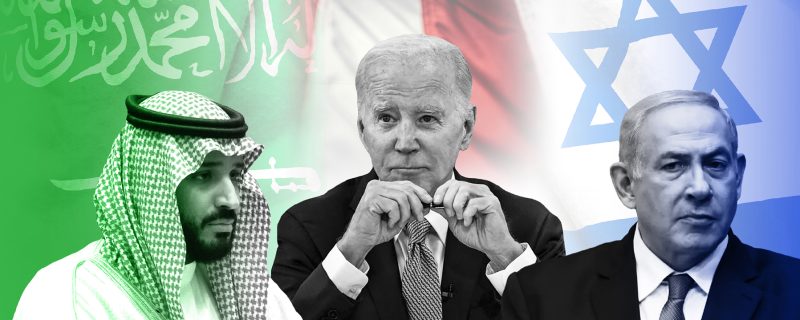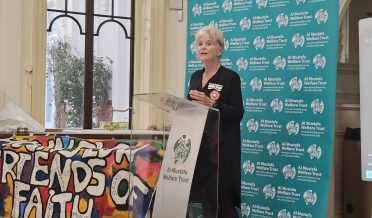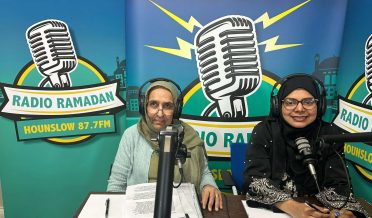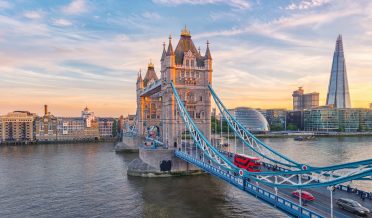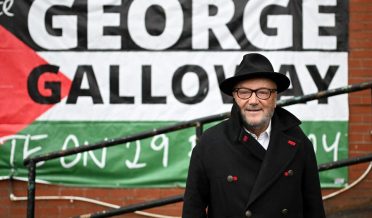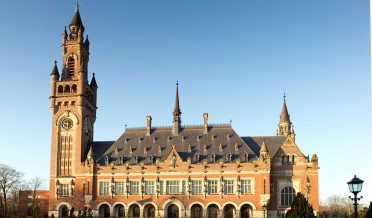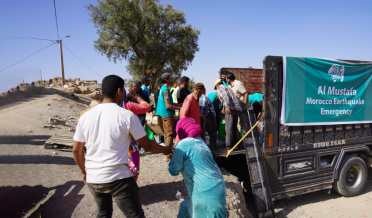
Wajahat Ali Khan
Wajahat Ali Khan
In 1947, Saudi Arabia voted against the United Nations Partition Plan for Palestine, and currently does not recognize Israeli sovereignty. However, as of 2023, bilateral negotiations towards Israeli–Saudi normalization are ongoing, with the United States serving as the two sides’ mediator.
A potential normalisation deal between Israel and Saudi Arabia, and what those negotiations could mean for the Palestinians, are top of the news agenda in the Middle East after the two countries and the US signalled progress on the matter on the sidelines of the UN general assembly in New York.
In a rare interview with western media, Riyadh’s powerful crown prince, Mohammed bin Salman, told media that ongoing talks with Israel meant the prospect of normalised relations was “getting closer every day”.
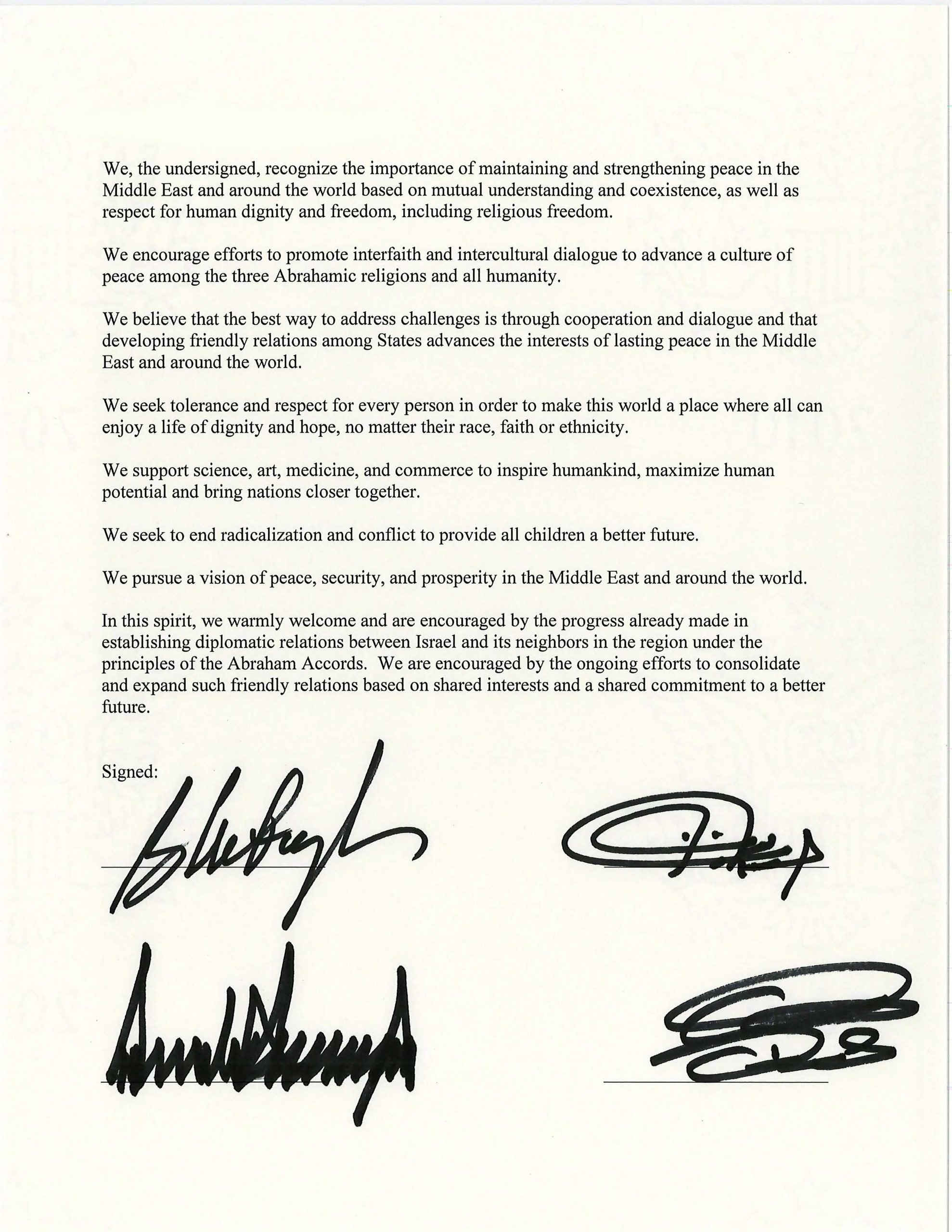
Asked what it would take to establish formal relations with the Jewish state – a former taboo in the Arab world – Prince Mohammed said: “For us, the Palestinian issue is very important. We need to solve that part.”
Speaking earlier to the United Nations General Assembly, Netanyahu lauded the prospect of formal relations between Israel and Saudi Arabia, underscoring the United States’s role in efforts to broker a pact between the two countries.
Netanyahu outlined what he called his vision for “peace” in the Middle East, in which Arab states would embrace Israel regardless of the Palestinian issue.
“I’ve long sought to make peace with the Palestinians. But I also believe that we must not give the Palestinians a veto over new peace treaties with Arab states,” he said.
“The Palestinians could greatly benefit from a broader peace. They should be part of that process, but they should not have a veto over the process.”
Few Arab states have recognised Israel since its establishment in 1948, but former US President Donald Trump’s administration helped secure agreements to establish relations between Israel and the United Arab Emirates, Bahrain and Morocco in 2020.
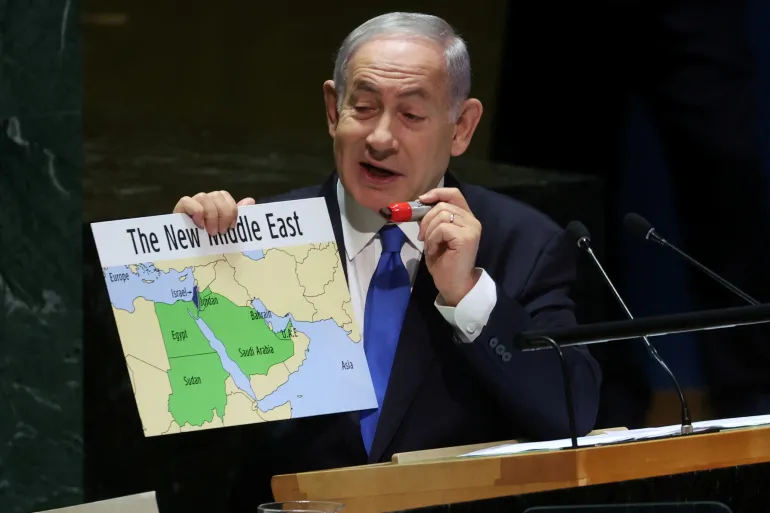
Sudan also agreed to join the normalisation deals, formally known as the Abraham Accords.
Israel has grown closer to its neighbours in recent years over their shared concerns about Iran. Since 2020, in agreements brokered by Donald Trump’s administration, the UAE, Bahrain, Morocco and Sudan have agreed to normalise relations despite the ongoing occupation of the Palestinian territories.
But Saudi Arabia, the Sunni Muslim world’s geopolitical linchpin, has so far held out on recognising Israel until the conflict with the Palestinians is resolved. Palestinian officials say the Abraham accords, as they are known, deeply undermine the prospect of peace and a two-state solution.
The crown prince’s comments came shortly after a meeting between Joe Biden and the Israeli prime minister, Benjamin Netanyahu, on the sidelines of the UN general assembly in which both leaders voiced optimism about such a deal.
Netanyahu’s office said afterwards that the meeting “mostly dealt with ways to establish a historic peace agreement between Israel and Saudi Arabia, which could greatly advance an end to the Arab-Israeli conflict and facilitate the establishment of an economic corridor to link Asia, the Middle East and Europe.”
The White House said that the two leaders “consulted on progress toward establishing a more integrated, prosperous, and peaceful Middle East region, including through efforts to deepen and expand normalisation with countries in the region.”
Since entering office in 2021, Biden has been forced to reengage with Saudi Arabia after branding the kingdom a “global pariah” over the murder of the journalist Jamal Khashoggi in 2018. Russia’s invasion of Ukraine sent the global oil markets into chaos: Saudi Arabia is home to the second largest proven oil reserves in the world and is the producer with the biggest influence on its price.
What is Palestinians take on Saudi–Israel recent talks?
A potential normalisation deal between Israel and Saudi Arabia is being treated with scepticism by Palestinian negotiators, despite outwardly positive signals from Palestinian officials, several sources with knowledge of the talks have said.
Unofficial relations between Israel and the powerful Gulf petrostate have been growing for years. The possibility of a formal diplomatic agreement, however, has come to the fore since the two countries, along with the US, signalled progress on the matter during the UN general assembly in New York last week.
Palestinians are wary that any such deal would not result in meaningful concessions towards peace or ending the 56-year-old occupation of East Jerusalem, the West Bank and the Gaza Strip. Saudi officials have repeatedly described the Palestinian issue as “very important”.
A Palestinian diplomatic source, who asked not to be named as they were not authorised to talk to the media, said: “I don’t see this happening any time soon. The fact that the Saudis are talking about the Palestinian file as easier to deal with than the nuclear stuff shows just how much work needs to be done.”
Riyadh is seeking a formal defence pact with the US and Washington’s assistance in developing a civilian nuclear programme in return for recognising Israel. For Israel, normalisation with the Saudi kingdom – the anchor of Sunni Islam and home to the religion’s two holiest sites – would in theory pave the way for the acceptance of the Jewish state across the Muslim world.
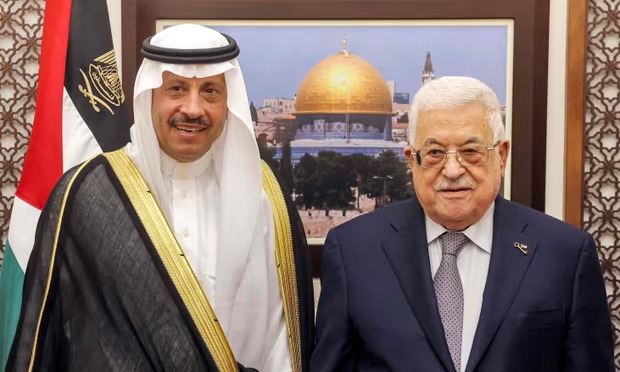
Mohammed bin Salman, Saudi Arabia’s crown prince and de facto ruler, said in a rare interview on the sidelines of the general assembly that “every day we get closer” to a deal with Israel. Israel’s prime minister, Benjamin Netanyahu, followed that up by telling the UN that “we are at the cusp” of “an historic peace”.
Since 2020, in agreements brokered by Donald Trump’s administration, the UAE, Bahrain, Morocco and Sudan have agreed to normalise relations with Israel, in part over shared worries about Iran. Palestinian officials say the Abraham accords, as they are known, deeply undermine the prospect of peace and a two-state solution.
To date, Saudi Arabia has stuck by the Arab peace initiative, a two-decade-old Arab League proposal pledging no diplomatic recognition of Israel without a just settlement to the Israeli-Palestinian conflict.
Unlike the first rounds of the Abraham accords talks, in which there was no Palestinian involvement, the Palestinian Authority has said that this time it is willing to play an active part in the negotiations. One source with knowledge of the process suggested that the Palestinians may have no choice in the matter.

